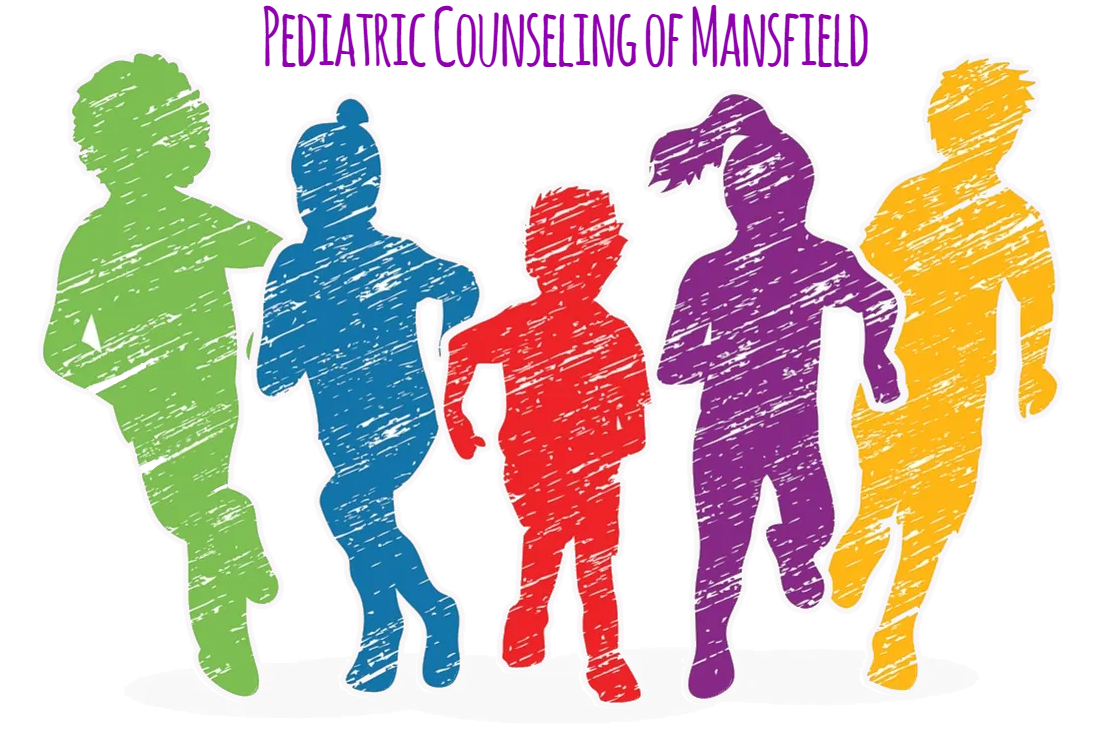The Decrease in Attention Span
Causes, Consequences, and What We Can Do About It
In today’s hyperconnected world, attention spans are getting shorter. From multitasking to incessant notifications, the ability to focus for long periods seems increasingly elusive. But what’s behind this trend? How does it impact our productivity, mental health, and overall quality of life? Most importantly, can we do anything to reverse the decline?
What Is Attention Span?
Before diving into the factors affecting attention spans, it’s important to define what it is. Attention span refers to the amount of time an individual can focus on a task without becoming distracted. In recent decades, research and anecdotal evidence suggest that the average attention span is shrinking, especially in younger generations.
The Decline of Attention Span: What’s Causing It?
1. The Digital Age
The rise of smartphones, social media, and instant access to information has significantly altered the way we interact with the world. The average adult checks their phone around 96 times a day, according to a 2019 study, and the barrage of notifications keeps the brain in a constant state of alertness. This digital landscape has rewired how we consume information. We’ve grown accustomed to skimming content rather than deeply engaging with it, leading to the rise of short-form media like TikTok, Instagram Reels, and Twitter/X posts.
2. Information Overload
With the internet making vast amounts of information available at our fingertips, the human brain has had to adapt to managing far more data than ever before. The need to process and filter massive quantities of content can result in cognitive fatigue. In response, the brain limits the amount of attention we dedicate to each individual piece of information, prioritizing quick consumption over deep processing.
3. Multitasking Myth
Many people believe they are skilled at multitasking, but studies show the opposite. The brain isn’t wired to handle multiple tasks at once effectively. What we often think of as multitasking is actually “task-switching”—moving rapidly between tasks, which leads to errors and reduces attention span in the long run. Research suggests that people lose up to 40% of their productivity when they try to focus on more than one thing at a time.
4. Stress and Anxiety
Stress and anxiety can significantly diminish attention span. The modern work environment, characterized by tight deadlines, constant demands, and always-on technology, often pushes people into states of chronic stress. When the brain is stressed, it tends to focus on perceived threats (real or imagined), making it harder to concentrate on tasks that require prolonged attention.
Consequences of a Shorter Attention Span
The decreasing ability to focus comes with several significant downsides:
1. Reduced Productivity
When attention span is limited, tasks take longer to complete, and the quality of work often suffers. Frequent task-switching increases mistakes, leads to incomplete projects, and causes mental exhaustion.
2. Poor Mental Health
Increased distractions and lower focus levels can contribute to feelings of overwhelm and anxiety. When individuals constantly jump between tasks or notifications, they may feel a lack of control, which can fuel stress, burnout, and even depression.
3. Shallow Learning
The move toward short-form content consumption means that people engage less deeply with complex subjects. Skimming through headlines and soundbites may provide surface-level knowledge but rarely leads to a deep understanding of topics. This impacts everything from academic learning to informed decision-making in daily life.
4. Weakened Relationships
A decrease in attention span affects not only work but also interpersonal relationships. When people are glued to their screens, constantly checking their phones even during conversations, the quality of those interactions suffers. Less meaningful communication can weaken personal connections over time.
Can We Reverse the Decline?
The good news is that, while our attention spans may be decreasing, they aren’t lost forever. By cultivating mindfulness, reducing distractions, and intentionally improving our focus, we can regain control over our attention.
1. Practice Mindfulness and Meditation
Mindfulness techniques, such as meditation, train the brain to focus on the present moment. Research shows that people who meditate regularly are better at sustained attention and have increased gray matter in areas of the brain associated with attention and memory.
2. Create a Distraction-Free Environment
Turn off unnecessary notifications, silence your phone, and declutter your workspace. By minimizing distractions, you allow your brain to concentrate fully on one task at a time. Apps that limit screen time or block social media access during work hours can also be useful.
3. Use the Pomodoro Technique
This time-management method involves working for 25 minutes, followed by a 5-minute break. After four cycles, you take a longer break. This structured approach trains the brain to focus in bursts and can gradually lengthen attention span.
4. Limit Multitasking
Focus on one task at a time. Whether you’re reading, working, or having a conversation, give it your full attention. This practice not only improves performance but also gradually rebuilds your capacity for longer attention spans.
5. Engage in Deep Work
Cal Newport, author of Deep Work, advocates for dedicating specific blocks of time to uninterrupted, focused work. Engaging in deep work strengthens cognitive abilities and helps retrain your brain to focus for longer periods.
Final Thoughts
The decreasing attention span in today’s fast-paced, digital world is a serious concern that affects our productivity, mental health, and social interactions. However, by taking deliberate steps to limit distractions, practicing mindfulness, and focusing on one task at a time, we can regain control over our ability to concentrate.
It’s time to take charge of our attention spans and reclaim the ability to focus on what truly matters—whether it’s a project, a conversation, or simply being present in the moment.












